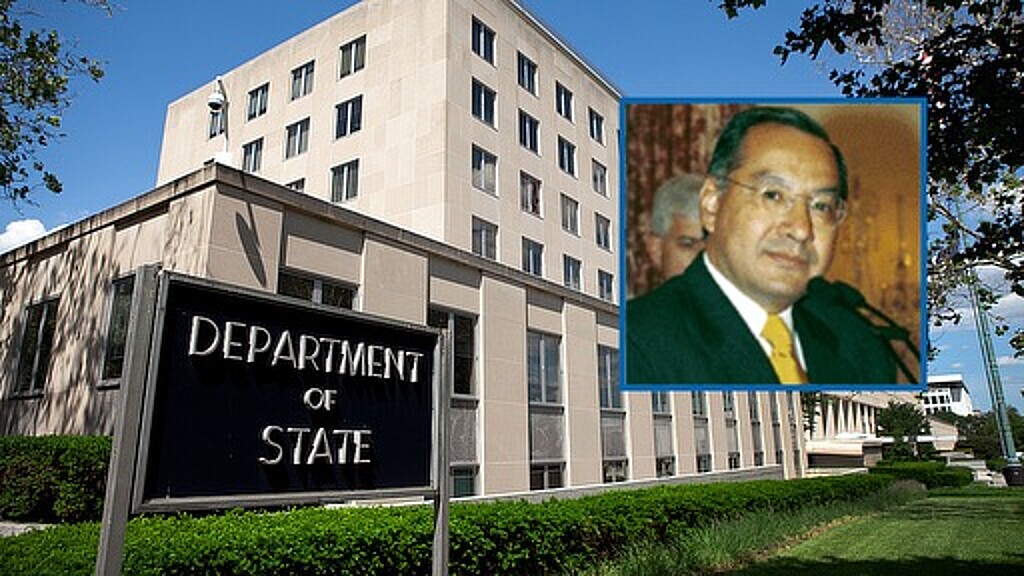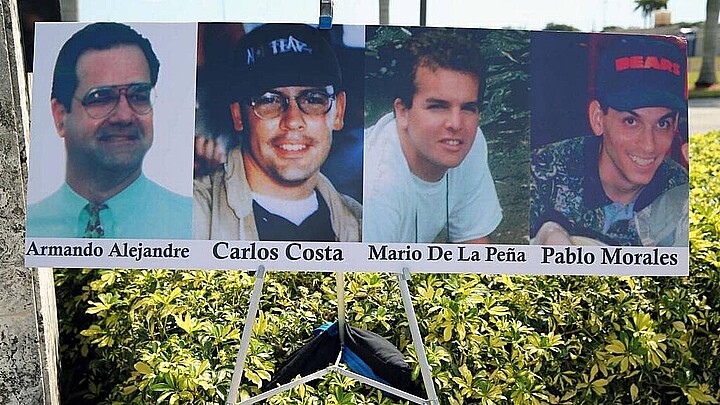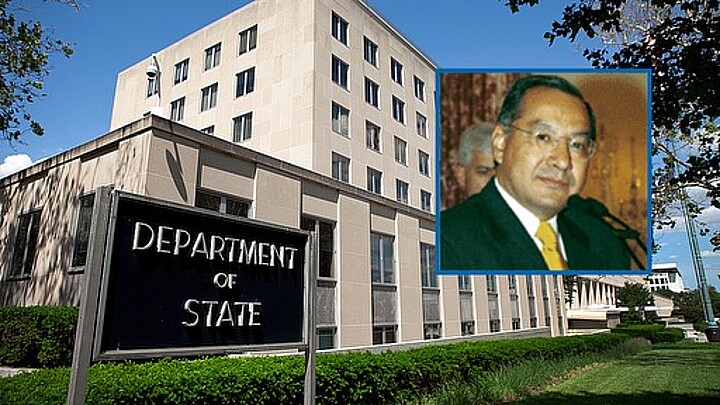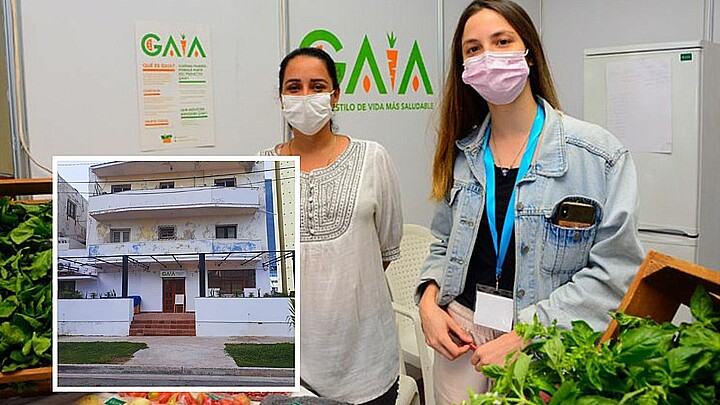Crime
Former U.S. diplomat turned Cuban spy sentenced to 15 years in prison
A former American diplomat and former U.S. ambassador to Bolivia was sentenced to 15 years in prison in the Southern District of Florida for working as a Cuban spy

April 15, 2024 9:11am
Updated: April 15, 2024 1:40pm
A former American diplomat and former U.S. ambassador to Bolivia was sentenced to 15 years in prison on Friday in the Southern District of Florida, for working as an agent of the Cuban communist regime.
Victor Manuel Rocha, 73, turned critical U.S. information over to the Cuban military dictatorship for more than 40 years, according to federal prosecutors with the U.S. Attorney’s Office in Miami.
The conviction stems from Rocha’s arrest last year after he was captured by FBI agents. Rocha initially pleaded not guilty but changed his plea in the Southern District of Florida in February to avoid a criminal trial.
The spy case is one of the most significant in the history of relations between Cuba and the United States, potentially overshadowing the case of Ana Montes, who served a lengthy sentence for acting as an internal agent for Havana during her time serving as an analyst in the U.S. Dept. of Defense.
As part of his disposition in the Southern District of Florida, Rocha told the judge, “I plead guilty.” The former U.S. ambassador turned Cuban agent must also pay a fine of $500,000 tell U.S. law enforcement everything he knows about the operations he participated in.
Espionage cases often end with lengthy plea deals that spare the life of the accused in exchange for revealing what information was turned over to enemy agents or foreign powers.
Attorney General Merrick Garland said Rocha's crimes were “one of the highest-reaching and longest-lasting infiltrations of the U.S. government by a foreign agent.”
Rocha, who was born in Colombia, came to the U.S. and completed schooling at Ivy league universities such as Harvard in Massachusetts and Yale in Connecticut.
He served as U.S. ambassador to Bolivia between 1999 and 2022 and also worked for the State Department in diplomatic positions involving in Argentina, the Dominican Republic Honduras, and Mexico.
At one stage, he even served in a role involving the National Security Council, one of the most coveted and elite parts of the American government that helps develop policy for the president of the United States.
After his State Department related service, Rocha continued to access information by working as a Miami based consultant for the U.S. military's Southern Command, which handles all of the Caribbean and Latin America.
That allowed Rocha to continue accessing information and remaining relevant within the world of Cuba as Havana continued to spread its operations across the Latin American region and Western Hemisphere.
But Rocha’s cover began to get compromised in November 2022 when a federal agent reached out to him on WhatsApp and pretended to be an agent of Cuba's intelligence services.
The FBI agent said he was sending Rocha a message from “your friends in Havana,” according to court documents.
Rocha believed the U.S. undercover agent and met with them at least three times. During those meetings Rocha reflected on his long time service as an agent for the Cuban regime.
During the conversations, Rocha said “we” to describe himself and the Cuban communist regime as if they were one and the same, and promised to “protect” what “we” worked on.
The FBI collected even more helpful information when they challenged Rocha’s loyalty to the Castro regime and asked if he was still loyal to Havana.
Rocha became infuriated and said he was upset his loyalty to Havana would ever be questioned, replying, “it’s like questioning my manhood.”
Relations have been strained between Washington and Havana ever since the Cuban Revolution of 1959, and even more after Fidel Castro declared he was committed to building a Marxist-Leninist regime with loyalty to Moscow during the Soviet Union era.
The Castro regime also seized the property of U.S. companies and nationals and committed severe human rights violations against its own people, holding stadium trials, public executions and forcing thousands into forced labor camps.
As a result, the United States cut of diplomatic relations and instituted a trade embargo to ensure U.S. businesses and citizens would not help benefit the military dictatorship.
Relations eased when former President Barack Obama visited Cuba and met with then President Raul Castro in 2015.
The Obama administration pulled back on some sanctions and travel policies, but many of those were reinstated and amplified by the Trump administration, which took a strong position against the military dictatorship.
In an interview with the BBC, former CIA counter-intelligence chief James Olson said Rocha was a “traitor” and added that he was frustrated with the Cuban intelligence service “because they have been so successful in operating against U.S.”









